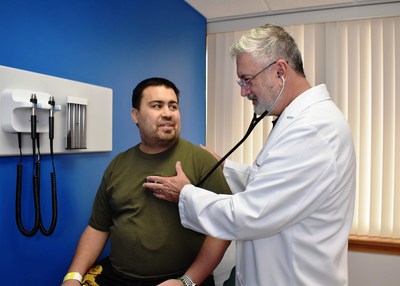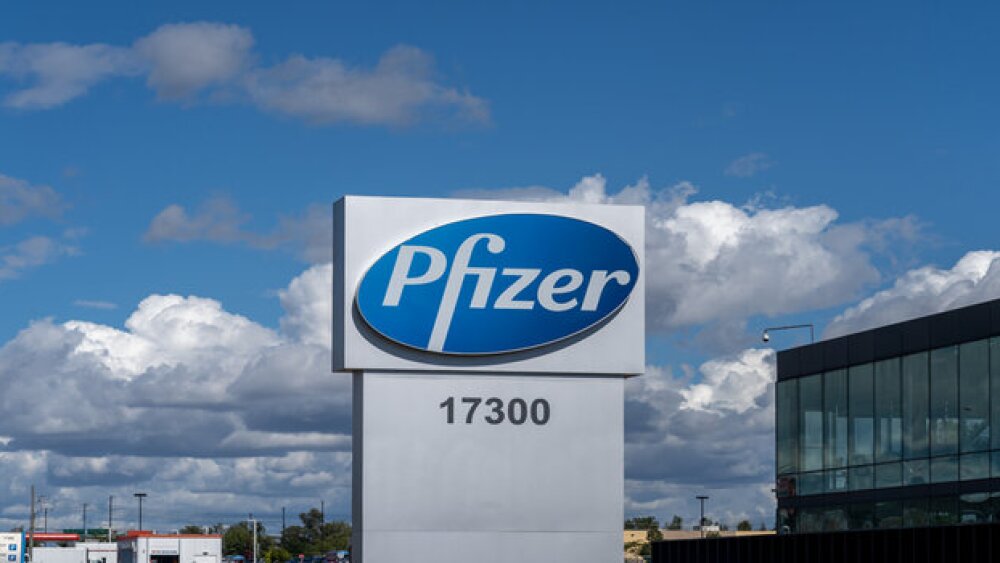St. Joseph’s Hospital is the first in the region and second facility in Florida to earn accreditation from the Adult Congenital Heart Association (ACHA) in recognition of its expertise in serving adults with congenital heart disease.
TAMPA, Fla., March 6, 2019 /PRNewswire/ -- St. Joseph's Hospital is the first in the region and second facility in Florida to earn accreditation from the Adult Congenital Heart Association (ACHA) in recognition of its expertise in serving adults with congenital heart disease. ACHA is a nationwide organization focused on connecting patients, family members and health care providers to form a community of support and a network of experts with knowledge of congenital heart defects.

Individuals born with a congenital heart defect (CHD), the most common birth defect diagnosed in one in 100 births, are living longer now than ever. Currently, there are 1.4 million adults in the United States living with one of many different types of congenital heart defects, ranging among simple, moderate and complex.
"While medical advances have made it possible for more patients with CHDs to survive into adulthood, it can be difficult for these individuals to find an adult cardiologist with the expertise to treat what was once considered only a childhood disease," said Dr. Joel Hardin, adult congenital heart disease cardiologist at St. Joseph's Hospital.
St. Joseph's Adult Congenital Heart Program is comprised of board-certified Adult Congenital Cardiologists Drs. Hector Fontanet, Joel Hardin and Rick Martinez; dedicated advanced care providers and registered nurses; and congenital sonographers, all with specific training and interest in congenital heart disease.
Dr. Hardin adds, "The collaboration between our pediatric and adult cardiology specialists provides an easy transition between childhood and adult services for our patients with congenital heart disease."
St. Joseph's Hospital received accreditation for its Adult Congenital Heart Program by meeting ACHA's criteria, which includes medical services and personnel requirements, and going through a rigorous accreditation process, both of which were developed over a number of years through a collaboration with doctors, physician assistants, nurse practitioners, nurses and adult CHD patients.
"There are now more adults than children in the United States with CHD," said Mark Roeder, president and CEO of ACHA. "Accreditation will elevate the standard of care and have a positive impact on the futures of those living with this disease. Coordination of care is key, and this accreditation program will make care more streamlined for adult CHD patients, improving their quality of life."
About St. Joseph's Hospital
St. Joseph’s Hospital, part of the BayCare Health System, is known for advanced medical technology and compassionate care. Its Centers of Excellence include the Heart Institute, Cancer Institute, Stroke and Neuroscience Program, Robotic Surgery Program and Emergency/Trauma Departments, which treats more patients than any other hospital in the Tampa Bay region. More than 70 specialties are represented among the medical staff, from internal medicine to cardiology, neurology to surgery. The hospital was founded in 1934 by the Franciscan Sisters of Allegany.
About the Adult Congenital Heart Association
The Adult Congenital Heart Association (ACHA) is a national not-for-profit organization dedicated to improving the quality of life and extending the lives of adults with congenital heart disease (CHD). ACHA serves and supports the more than one million adults with CHD, their families and the medical community—working with them to address the unmet needs of the long-term survivors of congenital heart defects through education, outreach, advocacy, and promotion of ACHD research. For more information about ACHA, contact 888-921-ACHA or visit www.ACHAHeart.org.
![]() View original content to download multimedia:http://www.prnewswire.com/news-releases/st-josephs-hospitals-adult-congenital-heart-program-earns-comprehensive-accreditation-from-the-adult-congenital-heart-association-300807762.html
View original content to download multimedia:http://www.prnewswire.com/news-releases/st-josephs-hospitals-adult-congenital-heart-program-earns-comprehensive-accreditation-from-the-adult-congenital-heart-association-300807762.html
SOURCE St. Joseph's Hospital




